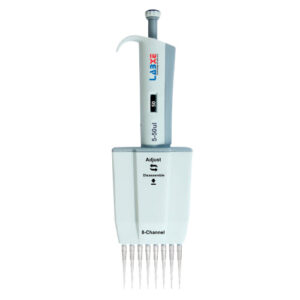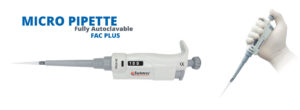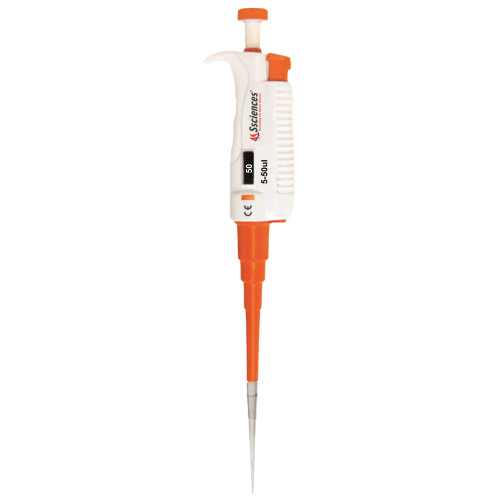Pipettes vs Micropipettes Danwer Scales India Precision Tools in Laboratories
 Pipettes vs Micropipettes Danwer Scales India Precision Tools in Laboratories
Pipettes vs Micropipettes Danwer Scales India Precision Tools in Laboratories
Introduction
Precision is crucial in the field of scientific study and lab work. The precision of studies can be significantly impacted by the choice between a pipette and a micropipette while handling liquids. The main distinctions between pipettes and micropipettes will be covered in this blog post, along with how Danwer Scales India supports the precision and dependability of these fine instruments.
What Is the Difference Between Pipettes and Micropipettes?
Pipettes and micropipettes are both used for precisely measuring and transferring liquid volumes, however depending on the volume ranges they can manage, they have distinct uses. The breakdown of their differences is as follows:
Pipettes:
Pipettes are meant to handle higher volumes of liquid, often in the 1 to 25 mL milliliter range.
Applications: For operations like titration and solution preparation, they are frequently employed in general chemistry and biology labs.
Size: Compared to micropipettes, pipettes are often larger and more durable.
Accuracy: They provide good accuracy, however when handling incredibly small amounts, micropipettes are more accurate.
Micropipettes
Range of Volume: Micropipettes are made primarily for transferring and measuring microliter volumes (1 uL to 1000 uL).
Applications: They are crucial for handling minute volumes of liquids in domains like molecular biology, genetics, microbiology, and others.
Size: Compared to pipettes, micropipettes are often more sensitive and smaller
Precision: Micropipettes are designed for incredibly high accuracy, making them indispensable in situations where even the smallest volume discrepancy can have a big impact.
India’s Danwer Scales: Increasing Precision

An important part of improving the accuracy and dependability of pipettes and micropipettes is played by Danwer Scales India, a renowned manufacturer of laboratory equipment and precision instruments. This is how.
Pipettes and micropipettes can be calibrated by Danwer Scales India, ensuring the accuracy and dependability of these precision instruments. To maintain the highest level of accuracy in laboratory work, regular calibration is necessary.
Quality Control: The business is dedicated to ensuring that the equipment it offers complies with global standards. This dedication to quality is especially important when it comes to micropipettes because of how important precision is in processes like DNA sequencing and PCR.
Training and Support: To guarantee that laboratory staff use pipettes and micropipettes correctly and successfully, Danwer Scales India not only provides precision instruments but also gives training and support. This aids in the achievement of trustworthy outcomes in scientific study and experimentation.
Conclusion

The specific requirements of the experiment determine whether a pipette or a micropipette should be used for laboratory work. Micropipettes are excellent at delivering accurate, minute amounts of liquid, while pipettes are capable of handling larger volumes. With its dedication to quality and accuracy, Danwer Scales India plays a vital part in making sure that these instruments are properly maintained, calibrated, and used. This commitment to accuracy increases the validity of scientific studies and laboratory work, making it a vital tool for researchers in India and beyond.







